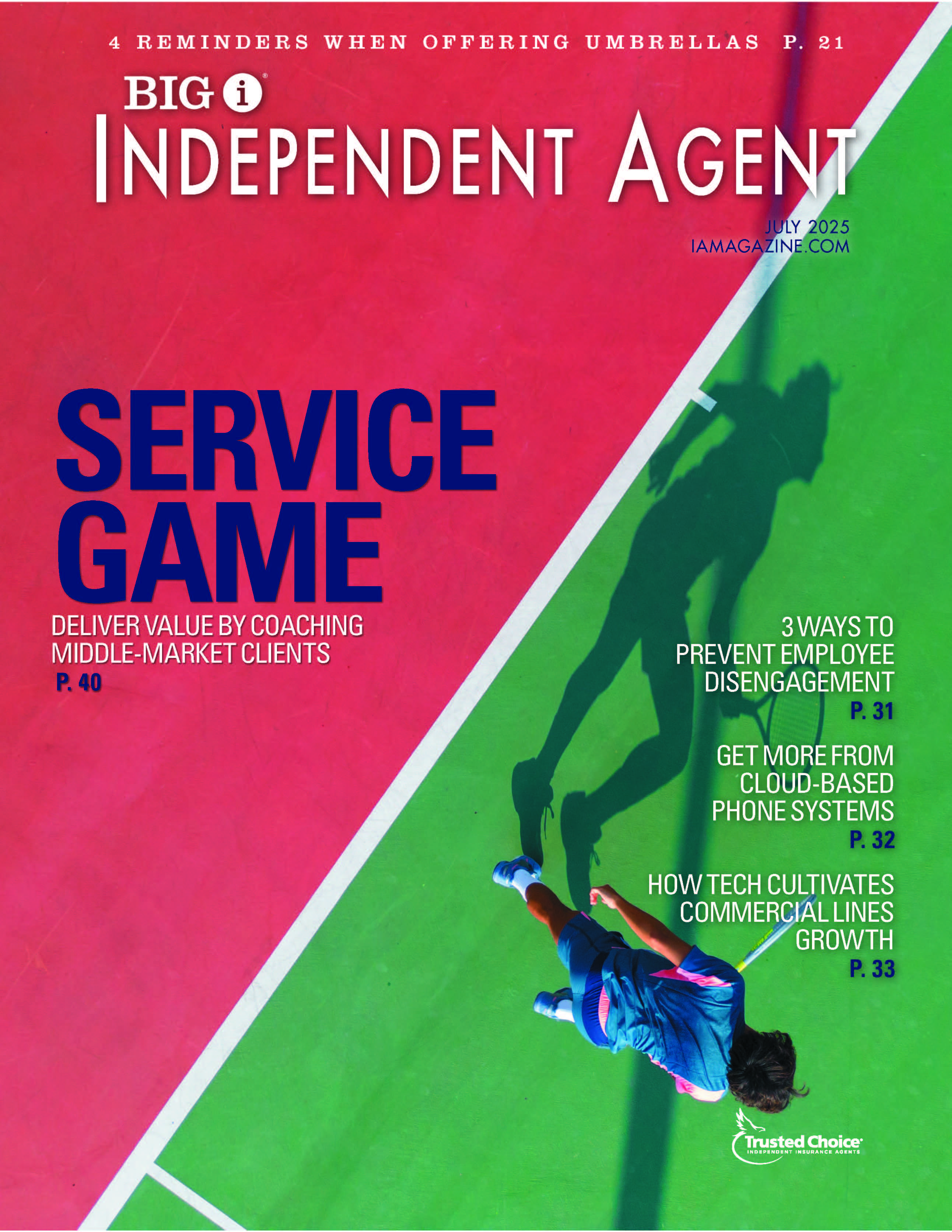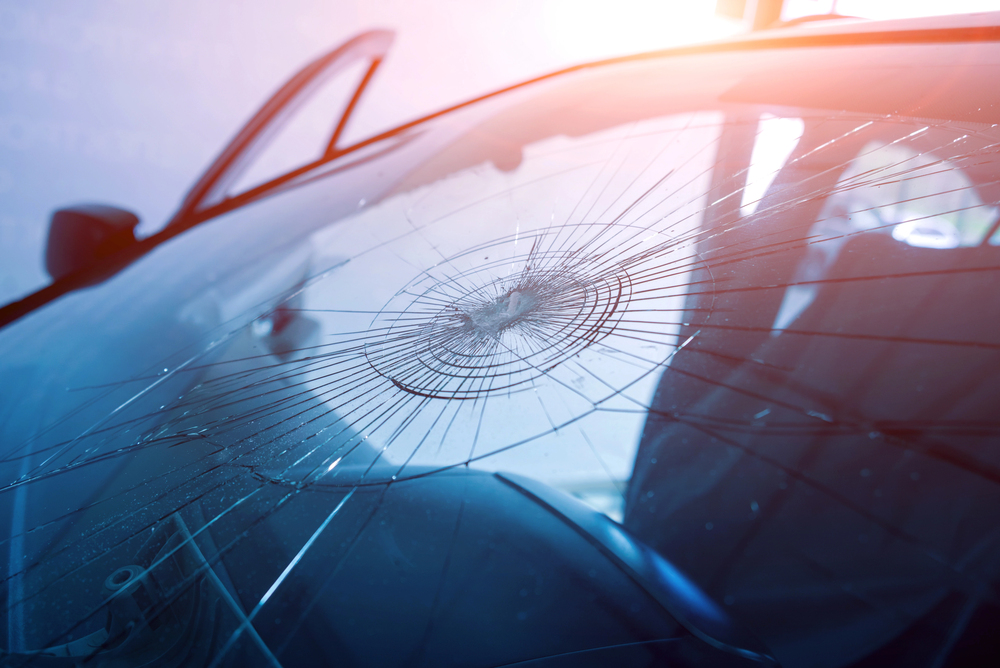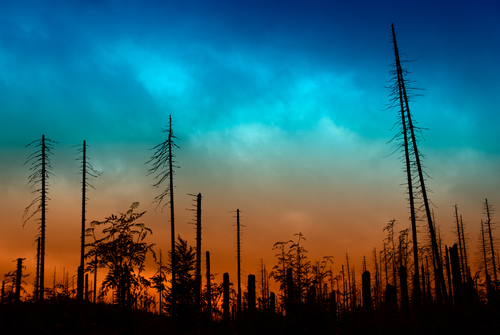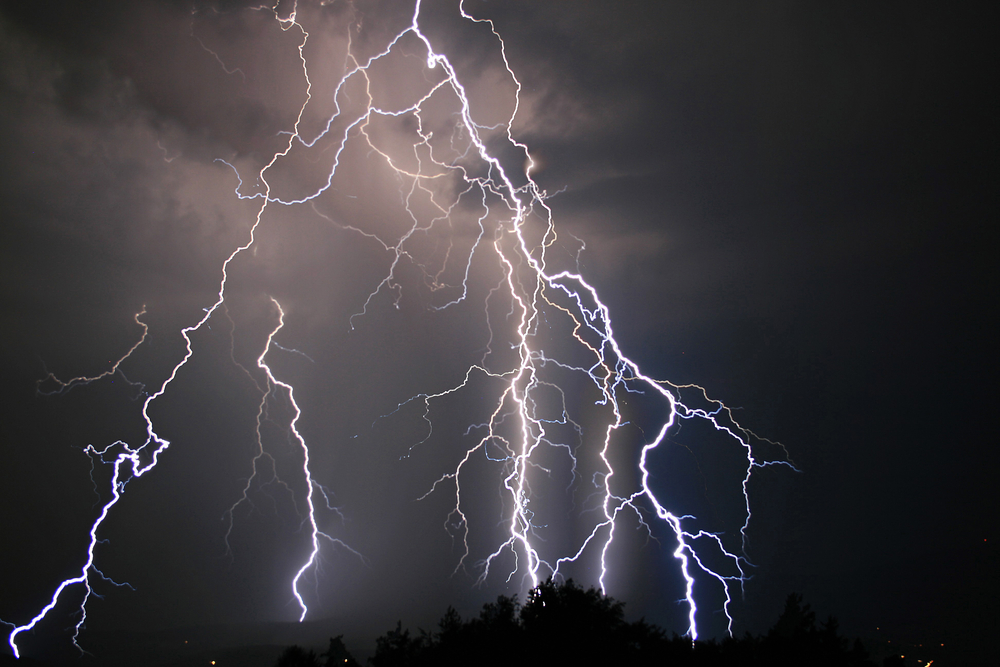Help Your Clients Prepare for a Hurricane

By: Margarita Tapia
Hurricane season officially started last week. As meteorologists rev up for what could be a busy few months, independent agents should also be on standby to help their clients prepare for and recover from disasters.
Trusted Choice® and the Big “I” have partnered with the National Oceanic and Atmospheric Administration’s (NOAA) Weather-Ready Nation (WRN) initiative to educate the public on readiness and response to extreme weather, water and climate hazards through a series of interactive online tutorials.
With a potentially active hurricane season on the horizon, share these storm preparation tips with your clients:
Before a hurricane:
- Install hurricane shutters or precut ¾-inch pieces of marine plywood for each window of your home.
- Make trees more wind-resistant by removing diseased or damaged limbs, then strategically removing branches so wind can blow through.
- When a hurricane is approaching, your local news media will announce a hurricane watch or warning. Be prepared to evacuate, and bring a supplies kit, sleeping bags and blankets.
- Lock all windows and doors and turn off all utilities before leaving your home.
- Follow the recommended evacuation routes.
- Store away lightweight objects that could become airborne.
- Anchor outdoor objects that cannot be brought inside.
- Call your emergency contact person to report your plans.
- Fill your car’s gas tank.
- If you are not told to evacuate, stay put. Keep the roads free for those who need to use them. Keep in mind: The first part of the storm is followed by a period of tranquility, but it’s only the eye of the hurricane passing over. The rest of the storm is yet to come.
- Collect your disaster supplies kit, blankets and sleeping bags and keep them near you.
- Keep children and pets indoors.
- Make sure you have a battery-powered radio so you can listen for updates.
- If you’re along the immediate coast and in danger of a storm surge, go to a room on an upper floor—preferably one without windows.
- If you’re in a location not susceptible to a coastal storm surge, go to an interior room on the lowest floor to protect yourself from wind-related damage.
After the hurricane:
- If you have evacuated, wait until authorities tell you it’s safe before returning home.
- Be alert for tornadoes.
- Stay away from flood waters.
- Use a flashlight. Do not light matches or turn on electrical switches.
- Sniff for gas leaks. If you smell gas or suspect a leak, turn off the main gas valve, open windows and evacuate. If you have any concerns, have a professional check the gas system.
- Do not touch wires or outlets.
- Check for frayed cords and cracked or broken prongs and plugs.
- Turn off the main electrical circuit switch. When doing so, stand on a dry surface and do not touch the metal handle of the switch box. Use a piece of heavy rubber or plastic or a piece of dry wood to open the metal door and throw the switch. Share any concerns with a licensed electrician.
- Check for loose boards, hanging plaster or holes in the floor.
- If your home flooded, check for snakes and other animals that may have entered the property.
- Before you clean up debris, prepare an inventory of all damaged or destroyed personal property. If you can, videotape or photograph the damage.
- Make temporary repairs to prevent further damage.
- Clean up any flammable or poisonous materials that spilled.
- Dispose of all spoiled food immediately. If you have insurance coverage for spoiled food, document your losses.
- Hold off on permanent repairs until you’ve received approval for reimbursement.
- Save remnants of damaged or destroyed property for your insurance company adjuster, and be sure to meet with them before you sign agreements with contractors or anyone else.
- Keep a written record of everyone you talk to about your insurance claim, including the date of the conversation and a summary of what was said.
- Keep all receipts.
- Your pre-disaster home inventory will be of great assistance to you at this point. After you’ve examined everything and determined the extent of damage, call your independent insurance agent as soon as possible to file a claim.
Trusted Choice® and the Big “I” also offer tips on flood safety and recovery that can help families and businesses in the event of a hurricane.
As a WRN Ambassador, the Big “I” is committed to working with NOAA to strengthen national resilience against extreme weather and believes that education is key to reducing financial and collateral damage when disasters strike. The Big “I” recommends that consumers also consider NOAA’s hurricane readiness tips and general summer safety guidelines.
Margarita Tapia is Big “I” director of public affairs.










